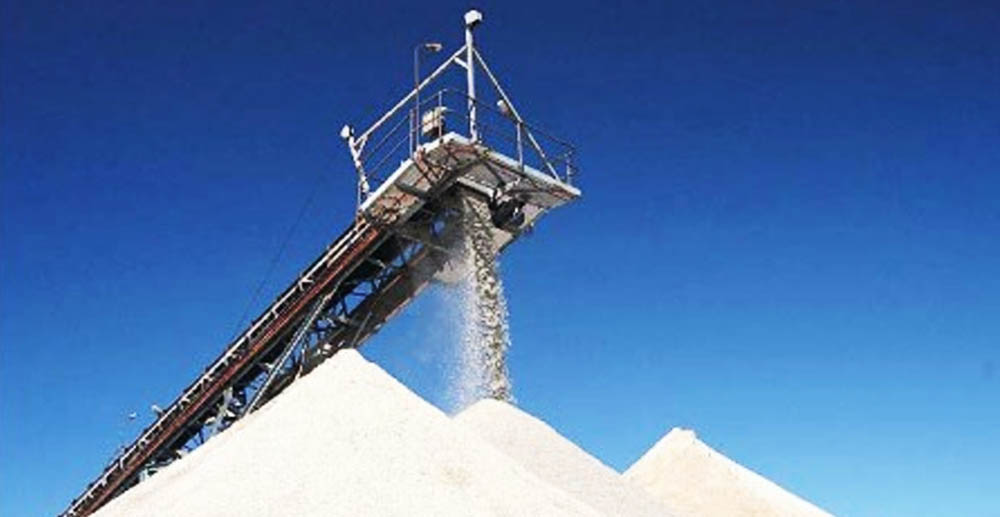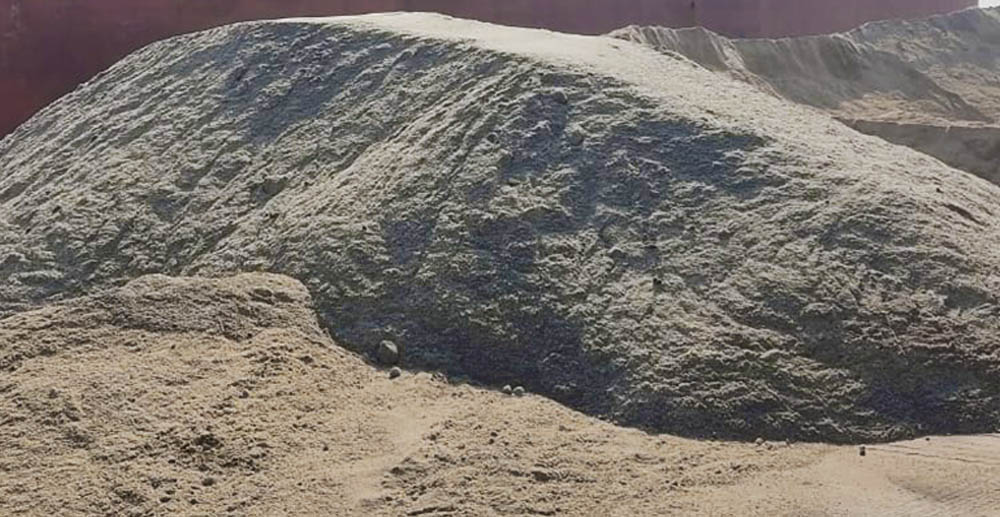Granulated blastfurnace slag is a waste product of the steel industry that can be upcycled in cement to increase the strength and durability of concrete.
A by-product of the steel-making industry, granulated blastfurnace slag (GBFS) is produced by the rapid cooling of iron ore slag. This creates a hydraulic material that is naturally cementitious and high in calcium silicate hydrates (C-S-H), a compound that increases the strength and durability of concrete.
The use of GBFS in cement has a long history. Its first commercial use dates back over 150 years to 1865, when a lime-slag cement was commercially produced in Germany. By 1901, it was being used in Portland cement to make Eisenportlandzement with a maximum 30% GBFS content; this was followed in 1907 by Hochofenzement with a GBFS content of up to 85%.
Since then, it has been an important supplementary cementitious material (SCM) in the production of cement with several key advantages: it can be handled and transported in the same way as clinker and can be used at higher substitution rates than other SCMs (with, for example, only small limitations on its use in European concrete standards). It is also widely available around the world for use in cement manufacture.
GBFS also has a number of beneficial results for concrete. GBFS concrete shows lower heat of hydration, reducing the risk of cracking, and continues to gain strength over a longer period of time, resulting in higher ultimate strengths. In addition, GBFS reduces the risk of damage caused by alkali-silica reactivity, while providing higher resistance to chemically-aggressive environments.
As a result, GBFS concrete is likely to last longer and require less maintenance over its lifetime – both important benefits in terms of the economic, social and environmental sustainability of the buildings it is used to construct.
On the flip side, GBFS is a significantly harder and more abrasive material that clinker – which makes grinding it more of a challenge. GBFS concrete is slower to set than ordinary Portland cement and requires proper curing, resulting in lower early strengths (making it unsuitable for use in precast concrete) and potentially longer construction schedules. It may also have lower resistance to carbonation, raising the risk of corrosion of carbon (black) steel reinforcement.
| Parameter | Value |
| CaO (%) | 36 |
| SiO2 (%) | 36 |
| Moisture (%) | 10 |
| Glass Content (%) | 93 |
| Size (Below 10MM) (%) | 90 |


